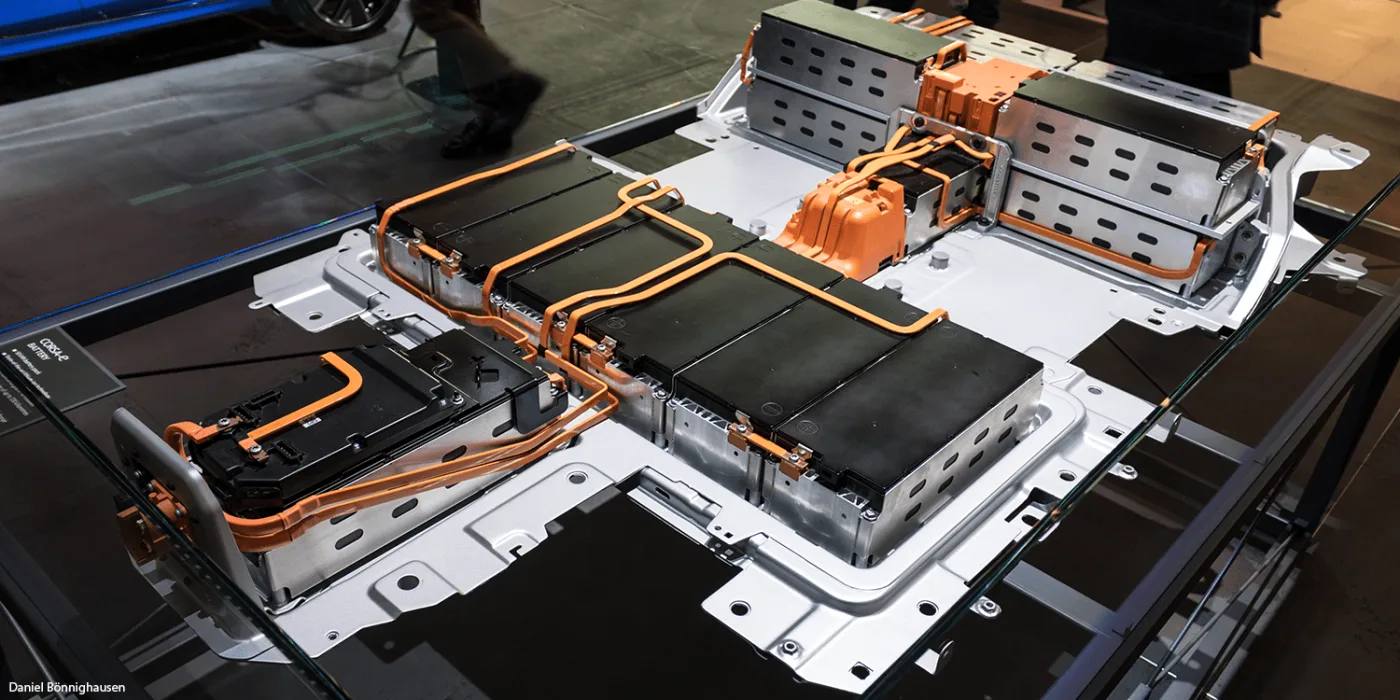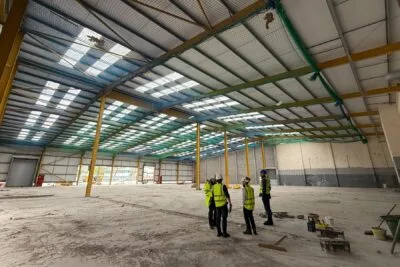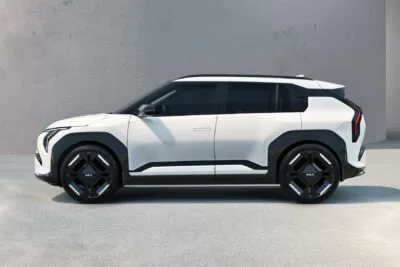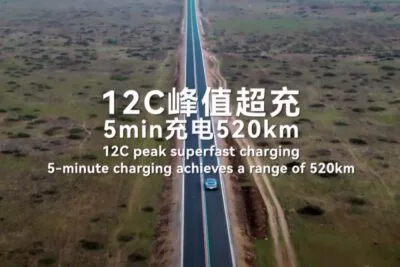Opel & PSA plants to make 48GWh battery cells yearly
The German Federal Ministry for Economic Affairs and Energy has given a statement on the planned battery cell production capacity at the Opel site in the southwest of Germany: they aim for 24 GWh. The relevant cell technology is currently still being developed in France by Saft, where a sister plant is to produce the same amount of battery cells.
++ Kindly find all updates to this article below. ++
“Starting in 2023, we intend to gradually build three blocks, each with a capacity of eight-gigawatt hours. This means that around half a million vehicles a year will be able to be powered by battery cells ‘Made in Kaiserslautern’ in future,” said Opel Managing Director Michael Lohscheller during an event with German Federal Minister for Economic Affairs, Peter Altmaier and Rhineland-Palatinate Premier Malu Dreyer in Kaiserslautern. Around two billion euros will be invested in the project and around 2,000 jobs will be created at the site.
With a capacity of 24 GWh and 500,000 vehicles, Lohscheller thus expects an average battery size of 48 kWh in each car. This corresponds roughly to the battery capacity installed in the Opel Corsa-e or Peugeot e-208. Upcoming BEVs with larger batteries should probably be compensated by the PHEV models with significantly lower capacity.
“The battery cells from Kaiserslautern can be used at all Opel locations, whether for plug-in hybrid production in Eisenach, the electric Corsa from our Spanish plant in Zaragoza, or the future electrified Astra version from Rüsselsheim,” Lohscheller told the German newspaper Frankfurter Allgemeine Zeitung ahead of the event. “In addition, they will, of course, be available to PSA’s sister brands.”
Altmaier: “the best and most sustainable batteries”
The planned parallel factory in France will also have a capacity of 24 GWh, and in combination with the battery cell production at Opel’s Kaiserslautern site, the consortium will be producing a total of 48 GWh. The total investment volume for this project is almost five billion euros.
Altmaier described the planned battery production as a “great success for the automotive location in Kaiserslautern”. He said he was “pleased that the European Commission has examined and approved the first major battery project for Europe in just a few weeks.” He explained: “We want to build the best and most sustainable batteries in Germany and Europe. I am convinced that battery cells from Kaiserslautern can set new standards in terms of CO2 balance and sustainability”. The battery consortium is regarded as a showcase project for the German Minister for Economic Affairs, and the funding is often referred to as the “Altmaier Billion“.
PSA and Juice establish a joint venture
At the end of January, the consortium consisting of the French battery manufacturer Saft, Opel and other companies started pilot production at the Saft site in Nersac in the south of France. “The pilot production that we now have here is basically the precursor for series cell production,” said Research Minister Anja Karliczek at the event in the presence of French President Emmanuel Macron. Production at the parallel factory in Douvrin in northern France is scheduled to start in 2023, and in Kaiserslautern one year later.
At the event in Nersac, it was also announced that Opel parent company PSA and Total subsidiary Saft intend to set up a joint venture called ACC (Automotive Cell Company). This joint venture will pool the “know-how to develop activities for the production of electric vehicle batteries in Europe”. As Lohscheller now announced to the German newspaper FAZ, the cells produced there could also be offered to manufacturers outside of PSA. The joint venture of Total, Saft, PSA and Opel will produce battery cells “which will be offered to any interested customer”.
In 2024, VW and Northvolt battery cell production will also start in Salzgitter. This will initially comprise 16 GWh, but will be expanded to 24 GWh “in the following years”. As has just been announced, VW intends to submit a corresponding building application as early as March. However, the expansion to 24 GWh has not yet been officially decided, and the building application is intended to keep options open, according to a company spokesperson.
Update 11.02.2020: The announced joint venture ACC has officially received the green light from the EU Commission. From a competition law point of view, there are no objections to the establishment of the joint venture, the authority said. The Commission concluded that the planned merger did not raise any competition concerns “due to the limited presence of the companies and a large number of competitors on the upstream market for the production of battery cells and modules and on the downstream market for the production of motor vehicles.”
>> With reporting from Sebastian Schaal, Germany.
bmwi.de (in German), ec.europa.eu (update in French)





1 Comment